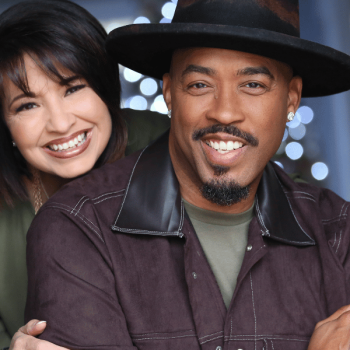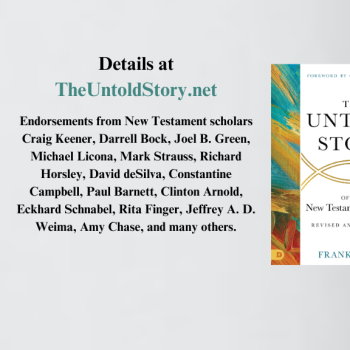And yet, as Karen Armstrong reminds us in her wonderful short history, Islam, our attitudes about the faith here in the West continue to be conditioned by the prejudices of the Crusaders, who first turned Islam into the inhuman Other. According to these medieval myths, Islam is "the enemy of decent civilization," and intent on ruling the world—and putting it all under Islamic domination. Christian leaders of the Middle Ages, preaching Crusade and warfare against the infidel, described Islam as "an inherently violent and intolerant faith," and this myth, Armstrong says, remains one of the dominant ideas about Islam in the West (152-53).
My own sense—even as I am just at the beginning of my quest to learn about Islam—is that it is always a mistake to generalize about a faith based on the most extreme members of it, and when all you know about is the most extreme version, you don't actually know much. I am offended when people assume—and they do—that because I identify myself as a Christian I must hate gays, be a hypocrite, or be determined to push my faith on everyone else, through legislation if necessary. I would be appalled if someone thought I was a Christian Dominionist like, say, Rick Perry or Michele Bachmann, since I believe Christian dominion over the world is absolutely counter to the message of Jesus, who renounced political power. It's heresy of the worst sort, and I don't use the word lightly.
"Don't judge me by those Christians," is my plea as a progressive Christian, and judging Muslim Americans as violent or anti-American because we were attacked by violent Muslim heretics ten years ago is just as wrong. As Armstrong points out,
The vast majority of Muslims recoiled in horror from this September [11] Apocalypse, and pointed out that such an atrocity contravenes the most sacred tenets of Islam. The Quran condemns all aggressive warfare and teaches that the only just war is a war of self-defense . . . . Islamic law forbids Muslims to declare war against a country in which Muslims are allowed to practice their religion freely, and strongly prohibits the killing of innocent civilians. The fear and rage that lies at the heart of all fundamentalist vision nearly always tends to distort the tradition that fundamentalists are trying to defend. (159-60)
The past few weeks, I've encouraged readers to step outside their echo chambers and learn something new—to read things, listen to things, watch things that help shape a more balanced view of the world. To read our sacred texts in a way that isn't simply about business as usual. And as we approach the ten-year anniversary of 9/11, that remains an essential need.
If all you know about Islam is what you've heard from others, if all you understand about the Quran is what someone outside the tradition says it means, if you haven't taken the trouble to get to know even a single Muslim before hating all of them, then you've got no right to talk.
And you've certainly got no right to hate.





